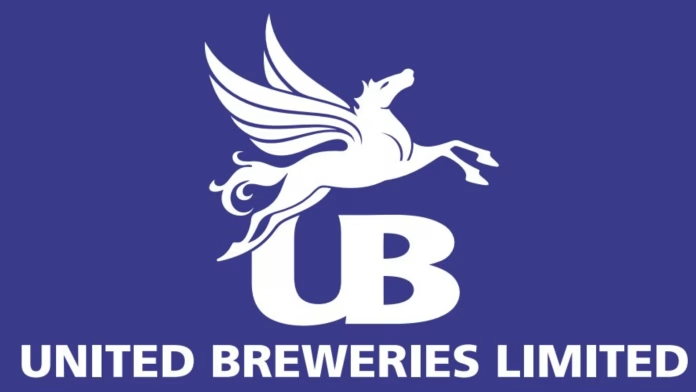United Breweries, which controls half the country’s beer market, is now focused on recapturing market share, particularly within the premium segment, and rectifying the company’s foundational aspects, all in the face of intensifying competition and state-specific regulatory hurdles.
“We have a very strong innovation portfolio, but at the same time, there is enough work to be done on fixing our fundamentals and continuing to grow the business,” UB managing director Vivek Gupta said during his first earnings call after he joined the maker of Kingfisher and Heineken last month. “We are humble that we have a lot of ground to cover and put fundamentals in place.”
Gupta said company executives are meeting key stakeholders in the government and state governments to understand “how the company can ease some of the barriers in the business…”
During the July quarter, the majority of companies in the sector, including UB and Carlsberg, attributed their sluggish growth to supply-chain challenges and alterations in their market distribution strategies. For example, UB cited the cancellation of Sunday shift permissions in Telangana as a reason for capacity constraints in their plants. Additionally, their inter-state sales were impacted due to unprofitability stemming from the influence of import duties.
Furthermore, administrative supply-chain challenges in Karnataka during April and May had a detrimental effect on volumes, resulting in a loss of market share. Nonetheless, UB has asserted that it is in the process of steadily reclaiming its market share and has committed to investing INR 350 crore in the current fiscal year as capital expenditure.
The company has obtained approval from the Haryana government to export its products to Delhi, a development that could potentially boost the export of premium brands like Kingfisher Ultra.
UB commands approximately 50% of the segment, with AB InBev closely following at almost a quarter, and Carlsberg ranking as the third largest player in the Indian market, holding a share of less than 18%. Collectively, these companies dominate 90% of India’s beer market.
In contrast, AB InBev, renowned for producing Budweiser and Corona, has been progressively capturing market share and surpassing the beer market, thanks to increasing demand for its premium brands. During the quarter concluding on September 30, UB recorded a 7% growth in volume, with premium product sales expanding by 10%.
“A 10% premium growth sounds like a nice number, but it’s not where we should be in terms of premium, and we are not doing as well as the market is doing,” Radovan Sikorsky, CFO at UB, told investors. “It’s one of the priorities that Vivek is looking at. He sees the importance of premium growth as one of the pillars of growth.”
India, a tropical country with promising demographics and increasing affluence, remains one of the largest beer markets for the big brewers. But it is heavily taxed, and the government has issued licences to only 80,000 alcohol outlets in the country, where more than 20 million people enter the legal age for drinking every year. Yet, beer accounts for just 10% of the country’s spirits market, with per capita consumption of 2 litres, lower than that in most Asian markets.





